GeoCase2020 – The role of geologists in society’s most urgent challenges
In 2019 a major (c. 50%) and sudden decrease in the number of students enrolling for a geology degree was observed at both Copenhagen University and Aarhus University. Simultaneously, similar drops were observed elsewhere in Scandinavia, Europe, the USA, and even as far as China. This downturn is believed to reflect, firstly, a perceived negative image in the public of a close connection between geology as a discipline and the black energy sector (oil, gas and coal) coupled with an increased societal awareness of anthropogenic climate change and its consequences for humanity. This connection does not resonate well with a group of potential students focused on wanting to combat climate change. Secondly, even if the downturn is not due to a directly negative image of geologists, the downturn may also reflect a lack of clarity regarding what employment prospects a geology graduate has, particularly in disciplines which are fundamental to drive a positive green transition.
In reality, geologists already make an immensely important contribution to the green transition by establishing, and communicating(!), the current knowledge that Earth’s atmosphere, temperatures, and sea levels are intimately linked. Without this knowledge, mankind would not be able to mitigate the current climate change appropriately. Now and in the future, geologists are therefore important as ’ambassadors’ within society for the communication of this link between Earth’s atmosphere, temperature and sea level. Geology is the only discipline to use Earth materials to understand Earth’s history and the history of life.
Furthermore, geoscientists are clearly needed in a wide variety of disciplines which directly address societal challenges related to climate change, the environment, and many other UN global sustainability goals. Concrete societal tasks which require the actions of geologists include: exploration for geothermal energy; temporary subsurface energy storage; site development for off shore windmill farms; exploration for minerals to aid the green transition, e.g., Li, Co and V; and development and management of long-term CO2 storage facilities (CCS). Also, an increased need for traditional geological disciplines is expected, as a consequence of global warming, such as exploration for groundwater, building materials such as sand and gravel, coastal protection, geotechnical tasks in the construction business, and exploration of the Arctic.
Having identified the need for geologists, it is our responsibility as a university to improve the recruitment to geoscience educations in Denmark to a level that will satisfy the future demand. This proposal aim to revitalize the existing GeoCase concept and use this to increase recruitment to serve society’s need.
Projektleder
Søren Jessen
E-mail: [email protected]
Projektdeltagere
Marianne H. K. Forti, Kresten Anderskouv og Tod E. Waight
Projektperiode
2020-2022




